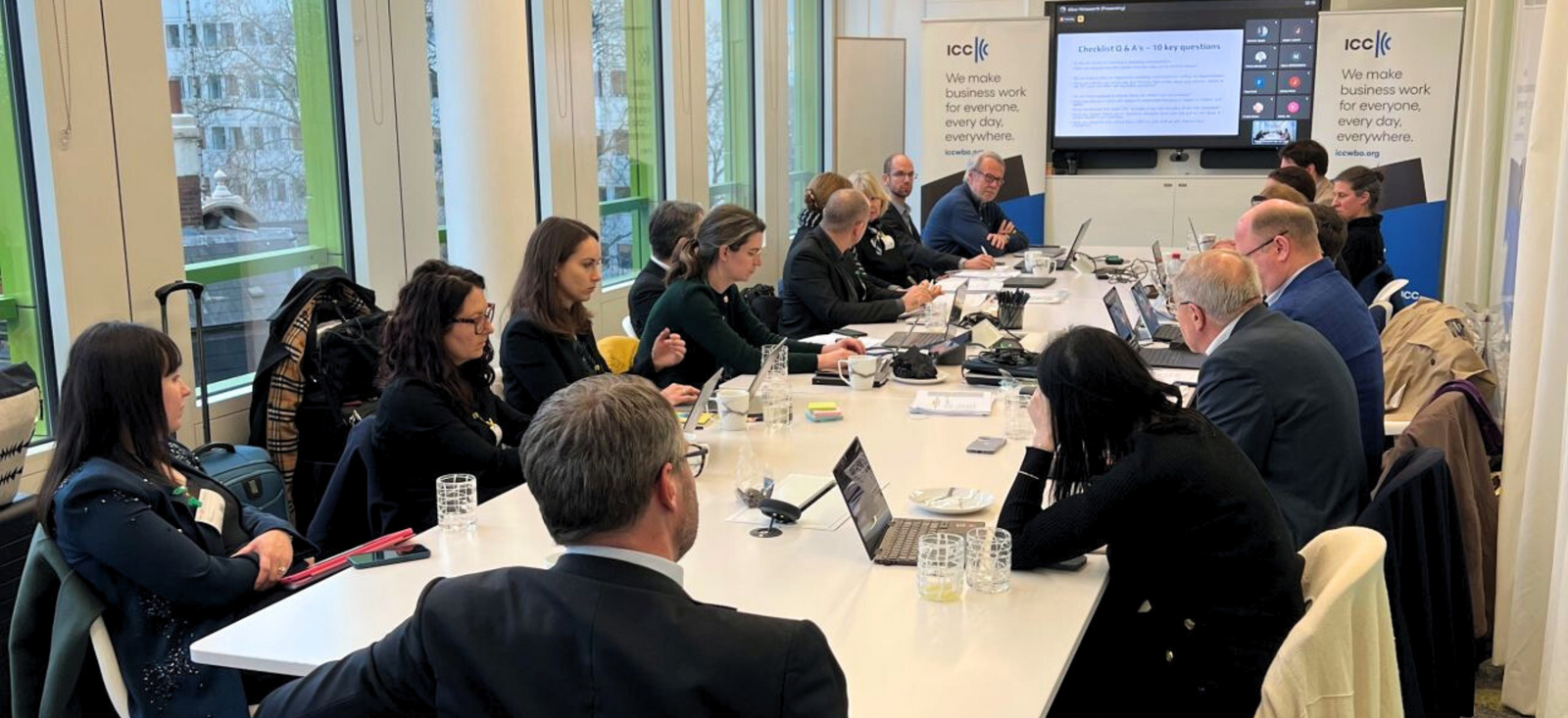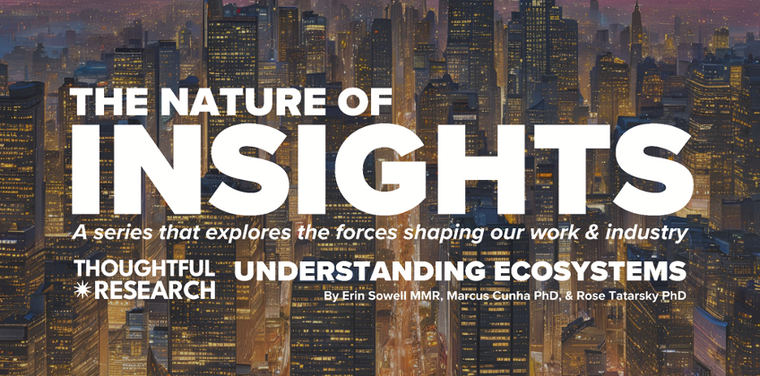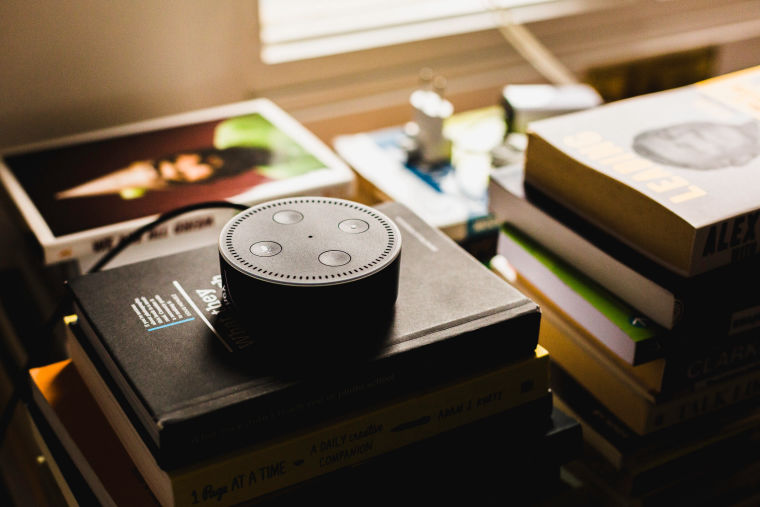How associations ensure continued effectiveness of purpose
What happens when social shifts, regulations and new technologies impact the fundamental business models the industry (any industry!) has relied on for years?

Defending the interests of the market research, data analytics and insights industry has been ESOMAR’s defining purpose for over the past 75 years. As part of a larger value chain that encompasses, in many aspects, the marketing, communications, advertising, and promotional efforts of companies, some of these interests align squarely with those of these functions. This is why it is crucial to tune the ethical codes that act as compasses for all of them to the same frequency. For decades, ESOMAR has achieved this by co-signing its code of conduct with the International Chamber of Commerce into what today we know as the ICC/ESOMAR International Code on Market, Opinion and Social Research and Data Analytics.
What happens when social shifts, regulations and new technologies impact the fundamental business models the industry (any industry!) has relied on for years? Defence becomes ever more crucial to ensure that, whatever shape the industry takes and whichever new practices it adopts, standards are maintained. This brings us to all of the 2024 updates, which include the ICC/ESOMAR code, several of the ICC codes on marketing and advertising, the industry’s ISO 20252 and a swathe of other ones. It was a periodic ICC meeting to update its code that also brought me, along with ESOMAR’s Professional Standards department, to London.
Why now?
You may have noticed that the increased accessibility to artificial intelligence (AI) tools in the last year has made many people nervous. Well, it also makes regulators nervous as they race to predict risks, avoid unwanted outcomes, and curtail dishonest behaviours through legislation. Having an effective oversight and a say on how these regulators understand the insights industry diminishes the chances that any of its constituting elements get adversely affected when a law gets approved. ESOMAR’s Public Affairs arm (like those of other associations) works on maintaining an open dialogue with the likes of the European Union, local governments, Data Protection Authorities, and others.
It is not only about the impact of legislation on the industry, of course. Technology and other socio-economic developments can and do affect the Insights Industry, too. Lower barriers to entry allow new players to emerge in an ever-expanding arena, new technologies create new types of suppliers that match and/or challenge the industrial status quo, and the fracture of the research processes into individual platforms allows those who used to depend on full-service agencies to increasingly internalise the insights function, with the responsibility that it entails.
Regular reviews and updates to those industry’s standards, such as the ICC/ESOMAR International Code on Market, Opinion and Social Research and Data Analytics, are needed to assess changes and ensure that the profession and its practitioners continue to enjoy the trust of society.
The in-person approach: a chance to close ties
The day was divided into two sections, with the morning being dedicated to the revision of the ICC Advertising and Marketing Communications Code and the afternoon for a general internal update on ICC activities. Along with ESOMAR were other international industry associations. This forum allowed each party to share experiences, discuss their own efforts, and learn how each other tackles the arduous tasks of consensus, futureproofing and, to some extent, crystal-ball gazing.
Some basic facts remain, though. Codes discuss principles, not practices. Whichever path technological developments such as advancements in AI take, those elements enshrined in the code of conduct will remain just as valid. In fact, the disintermediation of practices may make them ever more important as practitioners working in companies where the generation of insights is not the primary function become more abundant.
The updated revision of the ICC/ESOMAR International Code on Market, Opinion and Social Research and Data Analytics will be published at the end of 2024. And you will be sure to hear plenty of it as it happens!
You can find more information about the ICC/ESOMAR Code of Conduct here:
Xabier Palacio
Head of Intelligence, Advocacy and Standards at EsomarXabier guides the creation of influential studies, reports, and guidelines at ESOMAR while overseeing the Departments of Professional Standards, Intelligence, and Public Affairs. He leads efforts to provide industry insights, maintain ethical standards, and advocate for the sector’s interests. ESOMAR, a global hub for research, insights, and analytics since 1947, supports over 50,000 professionals and companies worldwide. Under Xabier’s leadership, these departments ensure the industry’s continued growth, fostering collaboration and advocating for responsible practices with regulators and legislators.
Originally from Spain, Xabier has been living in the Netherlands for a number of years, where he studied a Master in International Economics followed by a Master in Marketing at the Erasmus University of Rotterdam. He is fluent in Spanish and English, has a decent command of Dutch, and loves music about as much as analysis.


